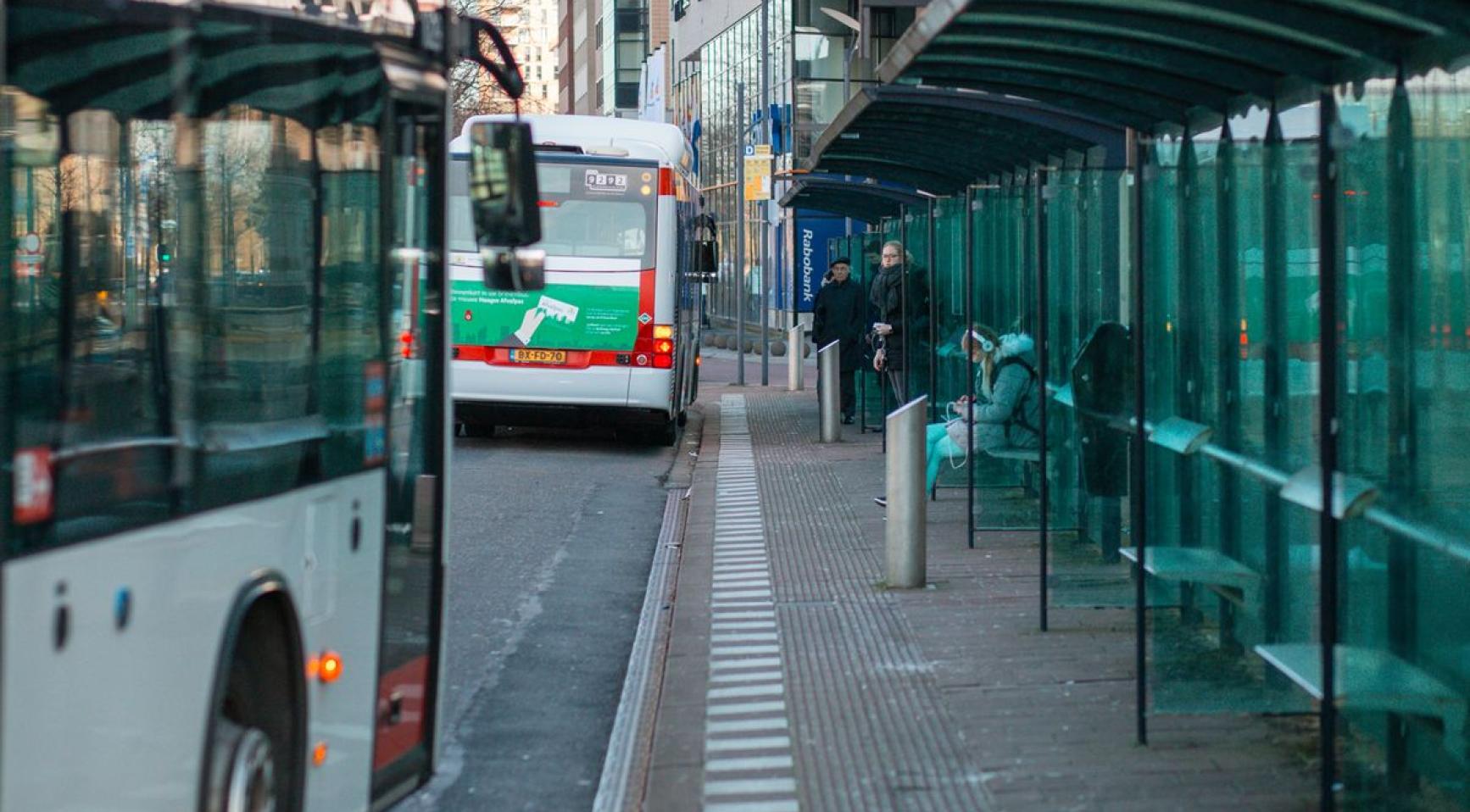The fine for fare evasion in Dutch public transportation will rise sharply this autumn, marking the first increase in nearly a decade, outgoing State Secretary Thierry Aartsen announced Monday.
Effective October 1, the penalty will climb 40 percent, from 50 to 70 euros. Administrative fees charged to those who fail to pay on time will also be raised, Aartsen told De Telegraaf.
“We have not adjusted the fine amount for almost ten years,” Aartsen said. “We are now deciding to increase the fines for fare evasion. This is necessary to create more deterrence.”
Aartsen, a member of the VVD party who has been in office for just over a week, emphasized that improving safety in public transportation will be his top priority in the coming months.
“In practice, we see that fare evaders often cause trouble,” he told De Telegraaf. “They frequently create an unsafe atmosphere. Women no longer dare to walk alone on platforms or sit alone in trains in the evening. And when fare evaders go through station gates, they often push people to sneak through. We need to make this much less attractive.”
Government records show that while the cost of using public transportation has risen more than 25 percent cumulatively since 2016, the penalty for traveling without a valid ticket has remained unchanged. According to Aartsen’s statement, “The amount of the fine is an incentive to discourage traveling without a valid transport ticket.”
Enforcement data reflect the scale of the problem. The Nederlandse Spoorwegen issued 283,450 fines in 2023. That figure rose to 352,969 in 2024. Arriva, another major operator, imposed 35,908 fines in 2023 and 53,542 this year.
Arriva also reported that 92 percent of fare evasion fines issued on routes to and from the asylum seekers’ center in Ter Apel remain unpaid.
Aartsen was sworn in after the departure of PVV member Chris Jansen, who resigned when his party left the coalition. Under the new cabinet arrangement, Aartsen oversees public transportation and environmental policy at the Ministry of Infrastructure and Water Management, working under Minister Robert Tieman of the BBB party.
Before joining the cabinet, Aartsen served seven years in the Tweede Kamer for the VVD, focusing on media, labor market policy, pensions, and entrepreneurship. He is a longtime ally of former VVD faction leader Klaas Dijkhoff, with whom he served in the Breda municipal council.
